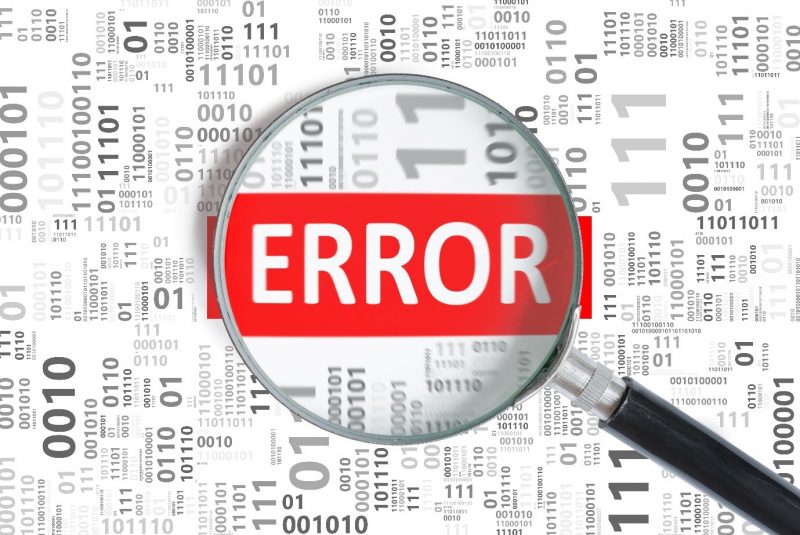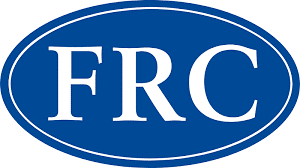
by John McCarthy Consulting Ltd. | May 14, 2019 | Blog, News
Revaluation gains on tangible fixed assets go through the Profit & Loss Account. True or False? The answer is ‘False’.
To find out where revaluation gains on tangible fixed assets are presented, see our webinar called ‘Common Errors in FRS 102 Accounting’ where you may download the slides and support materials, all for just €45. On successful completion, receive a CPD certificate for your newly acquired knowledge. Well done!
The webinar, is 51 minutes long, and may be viewed anytime for up to a year from date of purchase, covers the following key areas, among others:
- Directors’ loans – the new rules on amortisation since 1 January 2019;
- Investment property revaluations;
- Statement of Changes in Equity (SoCE);
- Tangible fixed assets revaluations;
- Depreciation not charged;
- Going concern and break-up;
- Deferred tax gone missing;
- Areas of judgement and estimation uncertainty;
- Turnover accounting policy;
- Stocks/inventory accounting policy; and
- Disclosing the functional currency.
There are 18 other webinars on various topics – also for €45 each, or you may purchase two at the same time for €80 or five for €190.
All our webinars are accessible at any time (for 12 months from date of purchase) here.
We have also prepared, ready to use, several engagement and representation letter templates (in Word format) for many types of assignment, which help reduce misunderstandings about engagement scope and liability. These are available to purchase online (bulk purchases of 5 or more templates attract a 20% discount), please click on the relevant links.
Our latest additions may be of interest to you:

by John McCarthy Consulting Ltd. | Apr 7, 2019 | Blog, News
Is the following statement True or False? The exemption thresholds for audit exemption changed with effect from 21 September 2018 when the Companies (Statutory Audits) Act, 2018 came into effect.
In our webinar entitled ‘Audit Exemption – What are the New Rules?’, we cover the main changes brought about since the advent of the Companies Act, 2014 including:
- The new thresholds for ‘small’ companies and certain ‘small’ groups
- Changes since 21 September 2018?
- Miscellaneous Technical Statement 41 on compilation assignments
- Engagement/representation letters – suitable audit exemption templates available on our website here
- Procedures and Planning
- Accountant’s report
- Resignation issues and voluntary audit
For the answer to the quiz question above and other similar questions on the Audit Exemption, go to our website and download the webinar on this topic for just €45. On successful completion, receive a CPD certificate for your newly acquired knowledge. Well done!
There are 18 other webinars on various topics – also for €45 each, or you may purchase two at the same time for €80 or 5 for €190.
All our webinars are accessible at any time (for 12 months from date of purchase) here.
For the following, ready to use, audit exemption engagement and representation letters (in Word) available to purchase online (bulk purchases of 5 or ore templates attract a 20% discount), please click on the relevant links:
by John McCarthy Consulting Ltd. | Mar 29, 2019 | Blog, News

Most gains/losses should normally pass through profit or loss (Income Statement), unless they are required or permitted to pass directly through reserves.
Those items likely to be shown in Other Comprehensive Income or the separate Statement of Comprehensive Income include:
- unrealised surplus/deficit on revaluations, other than investment property;
- currency translation differences, other than trading transactions, which are taken directly to reserves (usually arise in consolidated accounts).
The tax effect of any gains/losses must be shown for each item of Other Comprehensive Income, either separately on the face of the primary Income Statement and in the taxation notes to the financial statements.
For more on Common Errors that often arise in FRS 102 Accounting – see our webinar called Common Errors in FRS 102 Accounting
All our webinars are accessible at any time (for 12 months from date of purchase) here.
by John McCarthy Consulting Ltd. | Mar 19, 2019 | Blog, News

Challenge your knowledge on the Solicitors Accounts) Regulations 2014 with this short quiz:
- ‘I received a cheque from a client on the balancing date, the client ledger card was updated to show receipt of the money, but the cheque was not lodged to the bank until two weeks later. The reporting accountant’s report may show this as an outstanding lodgement.’ True or False?
- Where a solicitor acting for the purchaser receives monies from the purchaser’s lender and the cheque is drawn in the solicitor’s name and the proceeds are required to be transferred to the vendor “without delay”, the cheque may be transferred to the vendor without being lodged to the Client Account. True or False?
For the answers to these and all your other questions – see our on-demand webinar here: Solicitors Accounts Regulations 2014.
For on-demand webinars on other developments in Investment Property Accounting, FRS 105, Common Errors in FRS 102 Accounting and the latest on FRS 105 and company law, visit our new online webinar training website. Once viewing is completed customers will receive a CPD Certificate confirming their learning.
by John McCarthy Consulting Ltd. | Mar 14, 2019 | Blog, News

The latest on Investment Property Accounting under FRS 102
Challenge your knowledge on Investment Property Accounting under FRS 102.
Some of the rules around the accounting for investment properties under FRS 102 have changed for accounting periods commencing 1 January 2019.
Test your knowledge of these changes with this quick quiz.
- The changes to the investment property rules including those about ‘undue cost or effort’ introduced in the Triennial Review come into effect no earlier than 1 January 2019. True or False?
- If an investment property company early adopts the investment property valuation changes allowed under the March 2018 version of FRS 102 in its financial statements for the year ended 31 December 2018, what would its transition date be?
For the answers – see our webinar here Investment Property Accounting. Once viewing is completed customers will receive a CPD Certificate confirming their learning.
For webinars on the developments in Investment Property Accounting, FRS 105, Common Errors in FRS 102 Accounting and the latest on FRS 105 and company law, visit our new online webinar training website.










